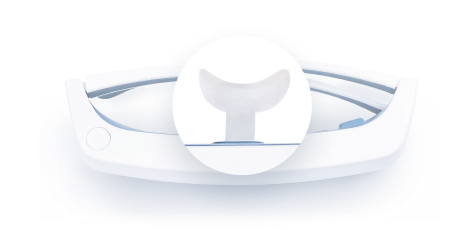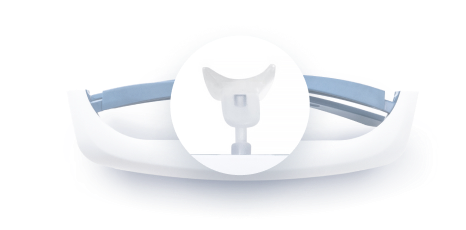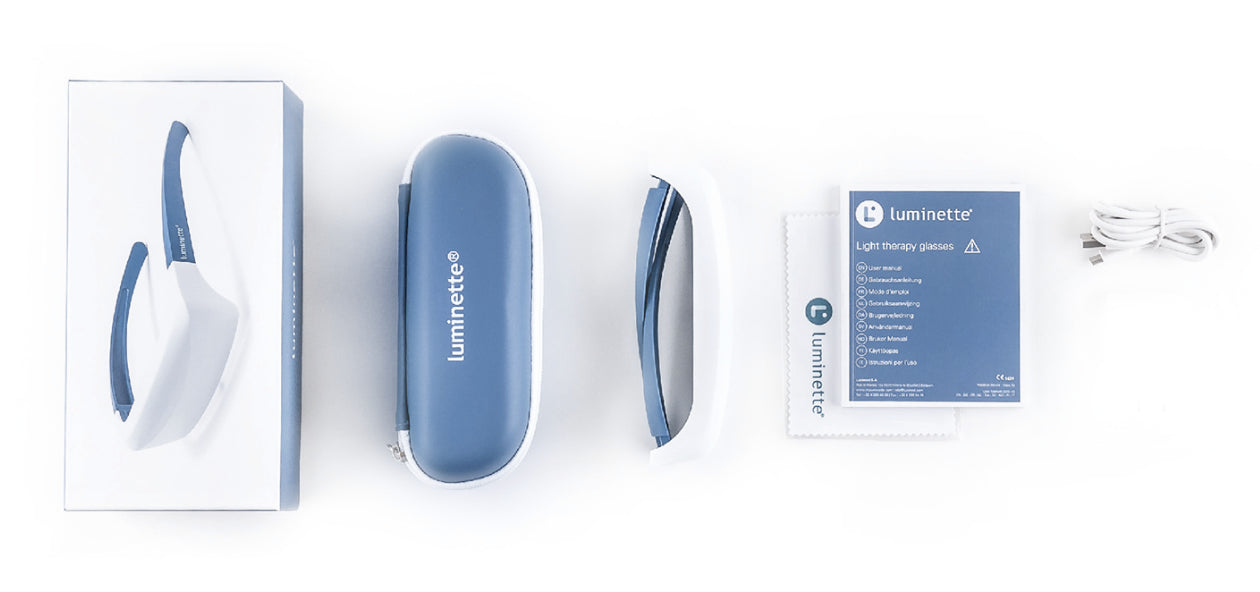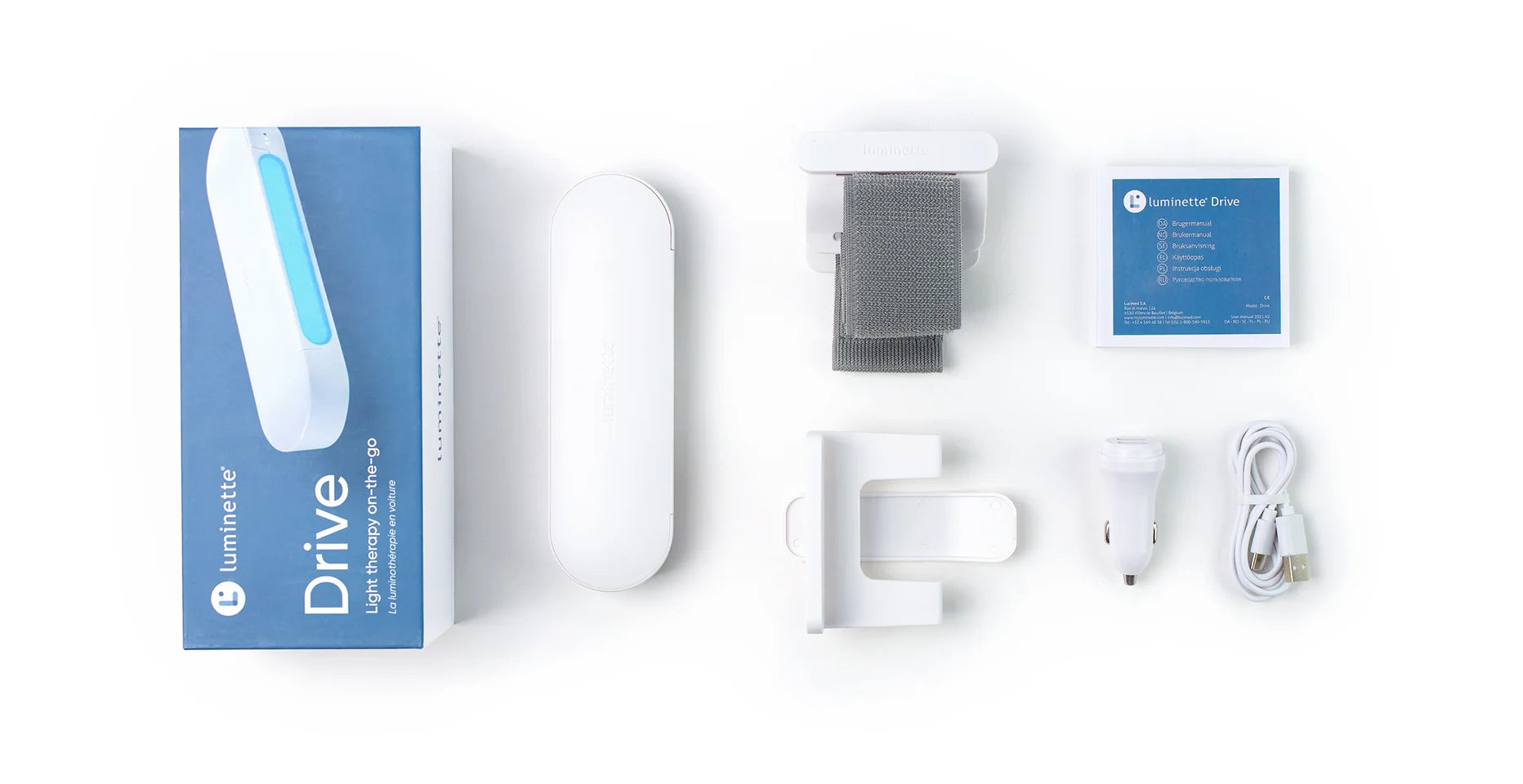Sleep is an essential aspect of our daily lives, allowing our bodies and minds to recharge and rejuvenate. However, the amount of sleep needed varies from person to person and is influenced by factors such as age, lifestyle, and overall health. Understanding how much sleep we truly require is crucial for maintaining optimal well-being. In this article, we will delve into the topic of sleep duration and explore the recommended sleep guidelines for different age groups.
The recommended amount of sleep a person needs depends on many things, including their age. In general:
-
Infants (ages 0-3 months) need 14-17 hours a day.
-
Infants (ages 4-11 months) need 12-15 hours a day
-
Toddlers (ages 1-2 years) need about 11-14 hours a day.
-
Preschool children (ages 3-5) need 10-13 hours a day.
-
School-age children (ages 6-13) need 9-11 hours a day.
-
Teenagers (ages 14-17) need about 8-10 hours each day.
-
Most adults need 7 to 9 hours, although some people may need as few as 6 hours or as many as 10 hours of sleep each day.
-
Older adults (ages 65 and older) need 7-8 hours of sleep each day.
-
Women in the first 3 months of pregnancy often need several more hours of sleep than usual.
But experts say that if you feel drowsy during the day, even during boring activities, you haven't had enough sleep.
Infants and Young Children
Infants and young children have distinct sleep requirements due to their rapid growth and development. Newborns typically sleep for about 14 to 17 hours a day, gradually decreasing to 12 to 15 hours for infants aged 4 to 11 months. Toddlers aged 1 to 2 years usually need around 11 to 14 hours of sleep, including naps. Sleep plays a vital role in their brain development, memory consolidation, and immune system function. Establishing a consistent sleep routine and creating a conducive sleep environment with a calming bedtime routine can help promote healthy sleep patterns in infants and young children.
How many hours of sleep do kids and adolescents need?
Sleep requirements for children and adolescents vary as they grow and their daily activities change. Preschoolers (3-5 years) generally need 10 to 13 hours of sleep, while school-aged children (6-13 years) require around 9 to 11 hours. Adequate sleep during these stages is essential for cognitive function, memory consolidation, and emotional regulation. However, factors such as increased academic demands, extracurricular activities, and electronic device usage can negatively impact sleep duration and quality. Encouraging consistent sleep schedules, limiting screen time before bed, and creating a relaxing sleep environment can help children and adolescents establish healthy sleep habits for optimal growth and development.
How many hours of sleep do adults need?
For adults, the recommended sleep duration falls between 7 and 9 hours per night. However, individual differences exist, and some adults may find that they function optimally with slightly less or more sleep. It is important to pay attention to personal sleep needs and adjust accordingly. Consistently getting less sleep than needed can lead to sleep deprivation, which can have detrimental effects on cognitive function, mood, and overall health. Adequate sleep is crucial for maintaining optimal physical and mental well-being, supporting immune function, and enhancing productivity and focus throughout the day. Creating a relaxing sleep environment and practicing good sleep hygiene can help adults achieve the recommended amount of sleep for their individual needs.
Sleep hours for older adults
As individuals age, their sleep patterns tend to change. Older adults may experience more fragmented sleep, difficulty falling asleep, or waking up earlier in the morning. While the recommended sleep duration remains similar to that of adults (7 to 9 hours), it is essential to prioritize sleep quality and address any sleep-related issues. Establishing a consistent sleep schedule, maintaining a comfortable sleep environment, and practicing relaxation techniques can help improve sleep for older adults. Additionally, avoiding stimulants like caffeine, engaging in regular physical activity, and finding therapeutic solutions for any underlying sleep disorders can contribute to better sleep and overall well-being in older adults.
Sleep Debt and Catching Up
Consistently getting less sleep than needed can result in a sleep debt, which refers to the cumulative deficit of sleep that accumulates over time. While it is possible to make up for lost sleep, it's important to note that the effects of sleep deprivation cannot be fully reversed by simply sleeping more on weekends or during occasional "catch-up" periods.
While catching up on sleep can help alleviate some of the immediate effects of sleep deprivation, establishing a consistent sleep routine and prioritizing regular, sufficient sleep is crucial for maintaining optimal well-being. Aim to get the recommended amount of sleep on a nightly basis, as this helps support cognitive function, mood regulation, immune system function, and overall physical health.
To effectively manage sleep debt and get healthy sleep habits, consider the following tips:
- Prioritize Consistent Sleep: Establish a regular sleep schedule and aim to go to bed and wake up at the same time every day, even on weekends.
- Create a Sleep-Conducive Environment: Make your bedroom a comfortable and relaxing space, free from distractions and noise. Ensure the room is cool, dark, and quiet.
- Practice Good Sleep Hygiene: Develop a pre-sleep routine that includes activities such as reading, taking a warm bath, or engaging in relaxation techniques to signal to your body that it's time to unwind and prepare for sleep.
- Limit Stimulants and Screen Time: Avoid consuming caffeine or engaging in stimulating activities close to bedtime. Minimize exposure to electronic devices with bright screens, as the blue light emitted can interfere with sleep.
- Seek Professional Help if Needed: If you consistently struggle with sleep debt or experience persistent sleep issues, it may be beneficial to consult a healthcare professional or sleep specialist who can provide guidance and support.
Remember, consistently prioritizing quality sleep is key to maintaining optimal physical and mental well-being, and it is essential to address any chronic sleep deprivation rather than relying solely on occasional catch-up sleep.
How to Tell if You’re Getting the Right Amount of Sleep
If you take time to just listen to your body, you’ll find out it tells you a lot about how you treat it and how it’s faring.
Some of the potential signs to watch out for that tell you whether you’ve been getting the right amount of sleep include:
-
You fall asleep within 20 to 30 minutes at night.
-
You don’t need your alarm to wake you up in the mornings.
-
Your morning alertness is high enough that you don’t need caffeine.
-
You don’t take too many naps during the day.
-
You don’t feel groggy or cranky during the day.
-
You don’t feel more hungry than usual.
-
Your mood is just right.
-
Your skin is clear and bright.
-
You don’t have difficulties concentrating during the day.
-
Your head is clear, and you can process information adequately.
Conclusion
Understanding and prioritizing the right amount of sleep for your age and lifestyle is essential for maintaining overall health and well-being. Sleep is not just a passive activity; it's a vital process that supports cognitive function, emotional balance, physical health, and overall productivity. Whether you are a young child, an adolescent, an adult, or an older adult, getting sufficient quality sleep is crucial for optimal functioning. By paying attention to your body's signals and adopting healthy sleep habits, you can ensure that you are meeting your sleep needs and reaping the benefits of a well-rested mind and body. Remember, consistent, quality sleep is not just a luxury—it's a necessity for a healthy life.



















































 Please note
Please note




















